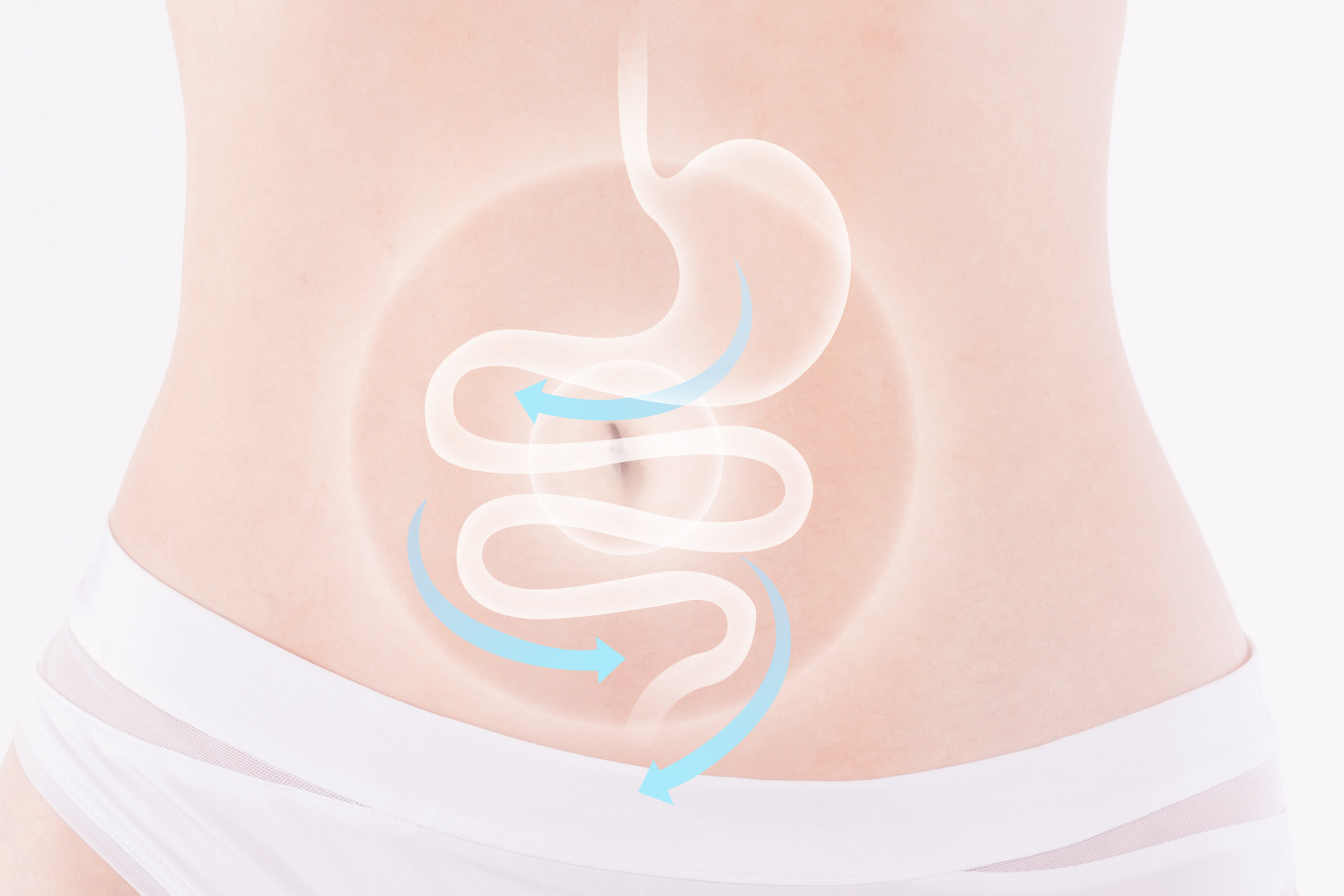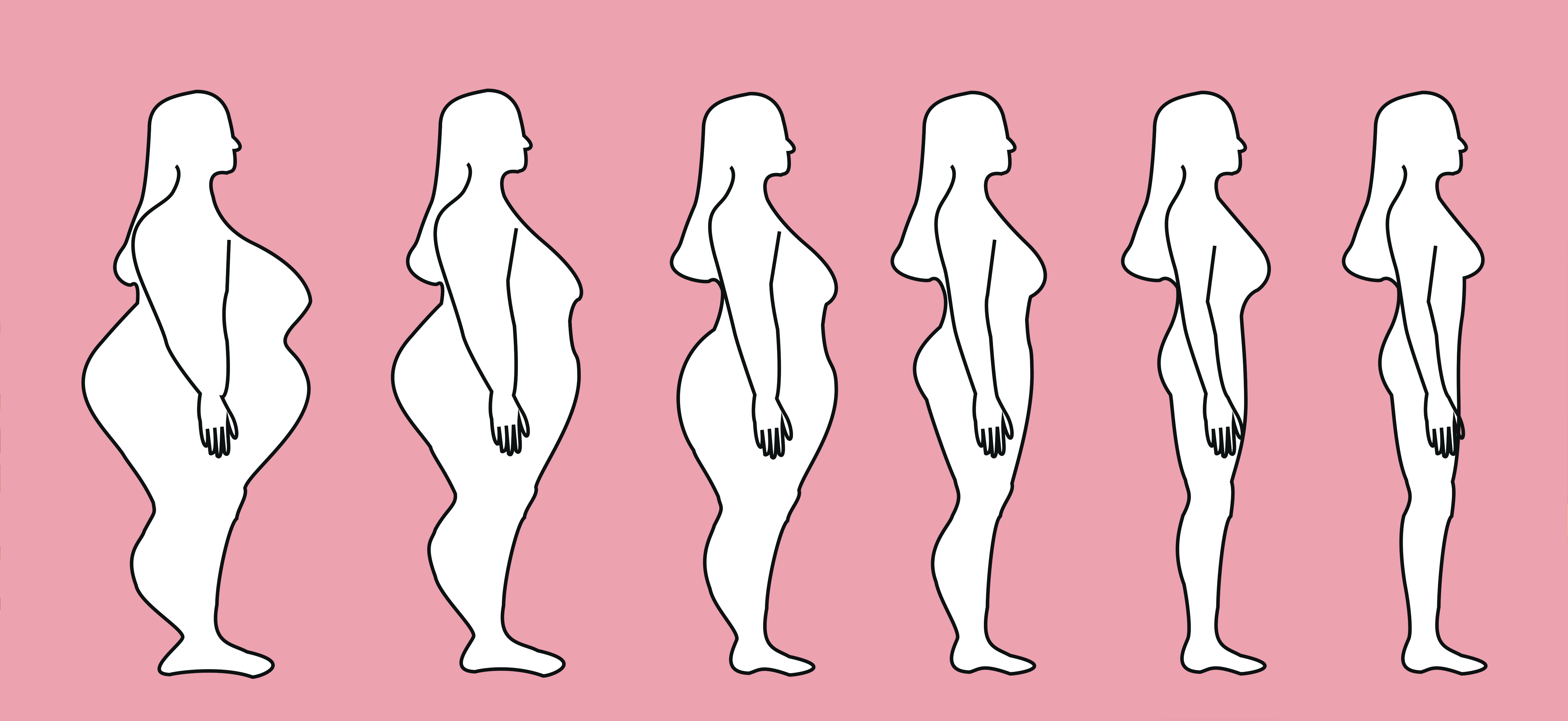
There is a saying: "Nine out of ten fat people are weak in vitality", and what is weak is the yang energy in our body.
Starting from the "Huangdi Neijing" (Yellow Emperor's Inner Canon), traditional Chinese medicine has emphasized that yang energy is the foundation of life. The so-called "yin" refers to the body's organs and the various nutrients we consume... and so on. These "yin" components are all for serving the body's "yang".
Traditional Chinese medicine has long discovered that those with weak yang energy and qi deficiency are often obese. Why does yang deficiency lead to obesity?
We all know that even if individuals with yang deficiency constitution have strong yang energy when they are young, they will not be obese. However, as people reach middle age, their yang energy gradually declines, leading to "weight gain". Yang energy is the foundation of life, it has the function of warming and nurturing the body's tissues and maintaining the function of organs. When yang energy is deficient, physiological activities and functions will weaken, metabolism and gonadal function will decline, fat decomposition will decrease, and metabolic waste will accumulate. Therefore, people with yang deficiency will become obese due to weak energy conversion, reduced fat decomposition, and the inability to excrete metabolic waste. People with a plump body shape tend to be sedentary, speak less, have poor appetite, indigestion, loose stools, or have cold limbs, especially feeling cold in the stomach, arms, and knees. They often wear more clothes than others, especially those who feel cold in their hands and feet. They don't like air conditioning in summer, have weak muscles, and have a calm and introverted personality. These are all manifestations of insufficient yang energy and insufficient organ function.
Obesity is a symptom of yang deficiency, and warming yang can lead to successful weight loss.
When the body's yang energy is sufficient, the functions of the body's organs will be normal. According to traditional Chinese medicine, the spleen governs transportation, and "transportation" includes the transportation of fluids. When the spleen's ability is insufficient, that is, when the body is in a state of "spleen yang deficiency" as described in traditional Chinese medicine, the body's ability to transport fluids is insufficient. When the spleen yang is sufficient, the spleen can function properly in transporting and transforming fluids, allowing us to metabolize the water we drink normally. When the spleen's ability is insufficient, the body's fluids in the meridians do not flow easily, and the pericardium is prone to accumulation of fluid, leading to insufficient pumping capacity of the heart. The heart is the pump of the body's blood, and when the head is insufficient, the overall vitality of the body is reduced, and waste cannot be excreted naturally. If the spleen yang is insufficient, the function of transforming and transporting fluids by the spleen will weaken, and the fluids will stay in the body, leading to a state of virtual obesity. When the kidney yang is sufficient, the kidney can function properly in controlling water, which means that the original yang is sufficient, and then fluid metabolism will be normal. If the kidney yang is insufficient, the original yang will be insufficient, and the deficiency of original yang will affect the insufficiency of other organ yang. When other organ yang is deficient to a certain extent, they all need to rely on the kidneys for rescue. However, when the kidney yang is weak, the person's life is also coming to an end.
In summary, when the body's yang energy is insufficient, there is a lack of energy, the speed of fluid (blood and body fluid) circulation slows down, and the fluid accumulates in the body. The metabolic waste mixed in the fluid also accumulates in the body, leading to obesity. Correspondingly, if we invigorate the body's yang energy, increase the speed of fluid circulation, flush out the toxins in every corner of the body, and eventually excrete them, we can naturally lose weight. Therefore, we can see that obese people are reluctant to exercise, and they pant heavily when they move, indicating that they have a large body but weak yang energy.
How can obese people with yang deficiency lose weight? First of all, it is necessary to invigorate the yang energy of obese people in order to effectively lose weight. This may be a pleasant surprise for many obese people. In fact, the even more surprising thing is that there is a simple method to invigorate yang energy and achieve good weight loss results - that is, through moxibustion therapy. The key acupoints for moxibustion are Dazhui (GV14), Zusanli (ST36), Zhongji (CV3), Guanyuan (CV4), Tianshu (ST25), Fenglong (ST40), Taixi (KI3), Piyu (BL20), and Sanyinjiao (SP6). The degree of redness of the skin at the acupoints is the criterion. Moxibustion should be applied 1-2 times a day, and a course of treatment lasts for 10 days. This method can invigorate the yang energy of the organs, strengthen organ functions, accelerate the metabolism of body fluids, and achieve the goal of invigorating yang and losing weight.












